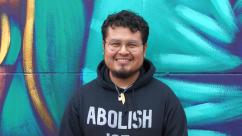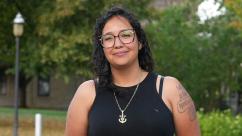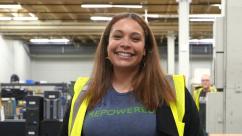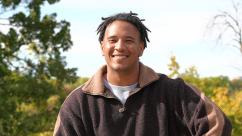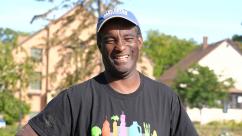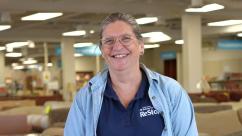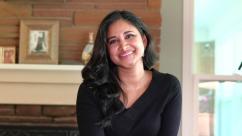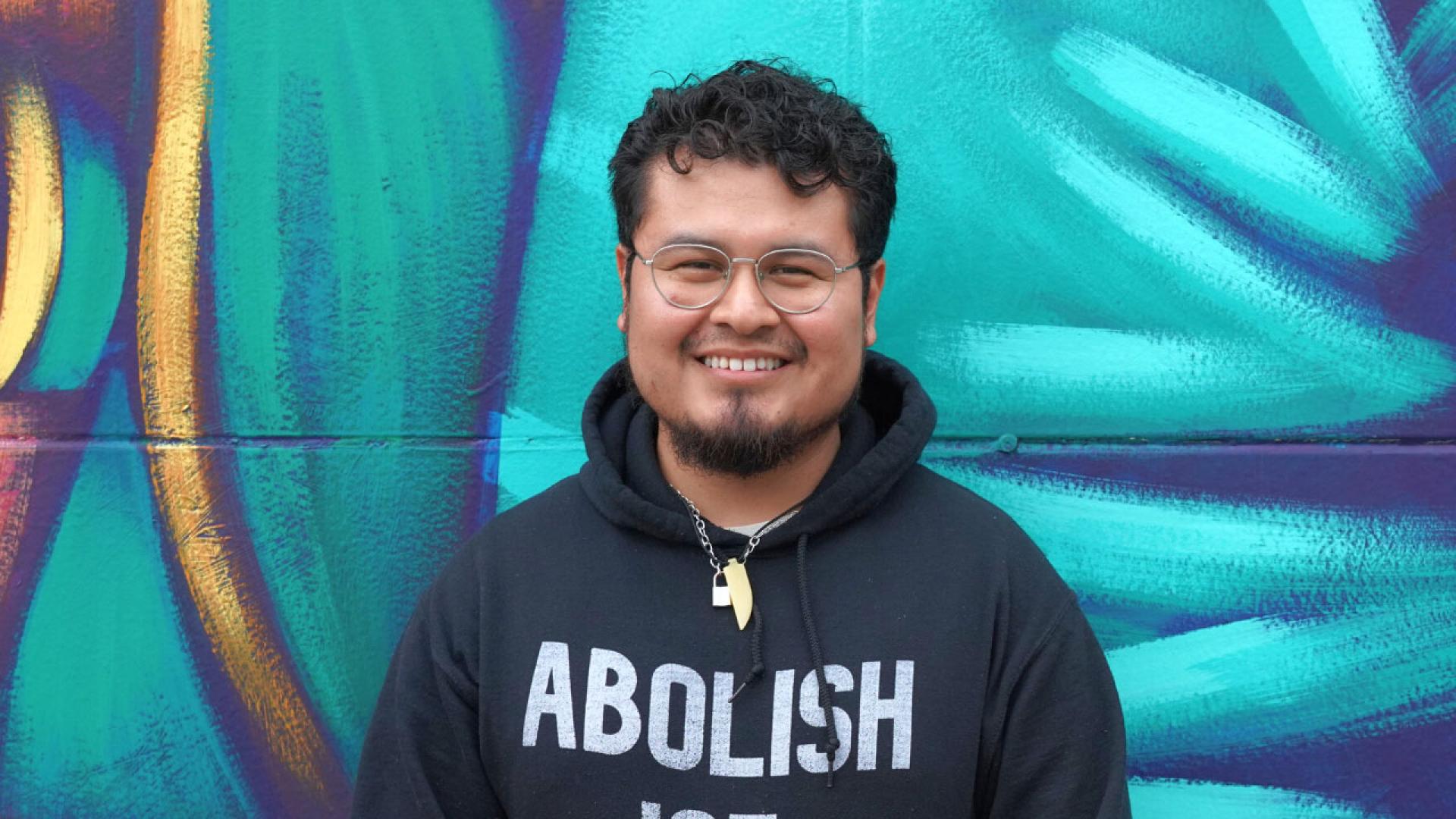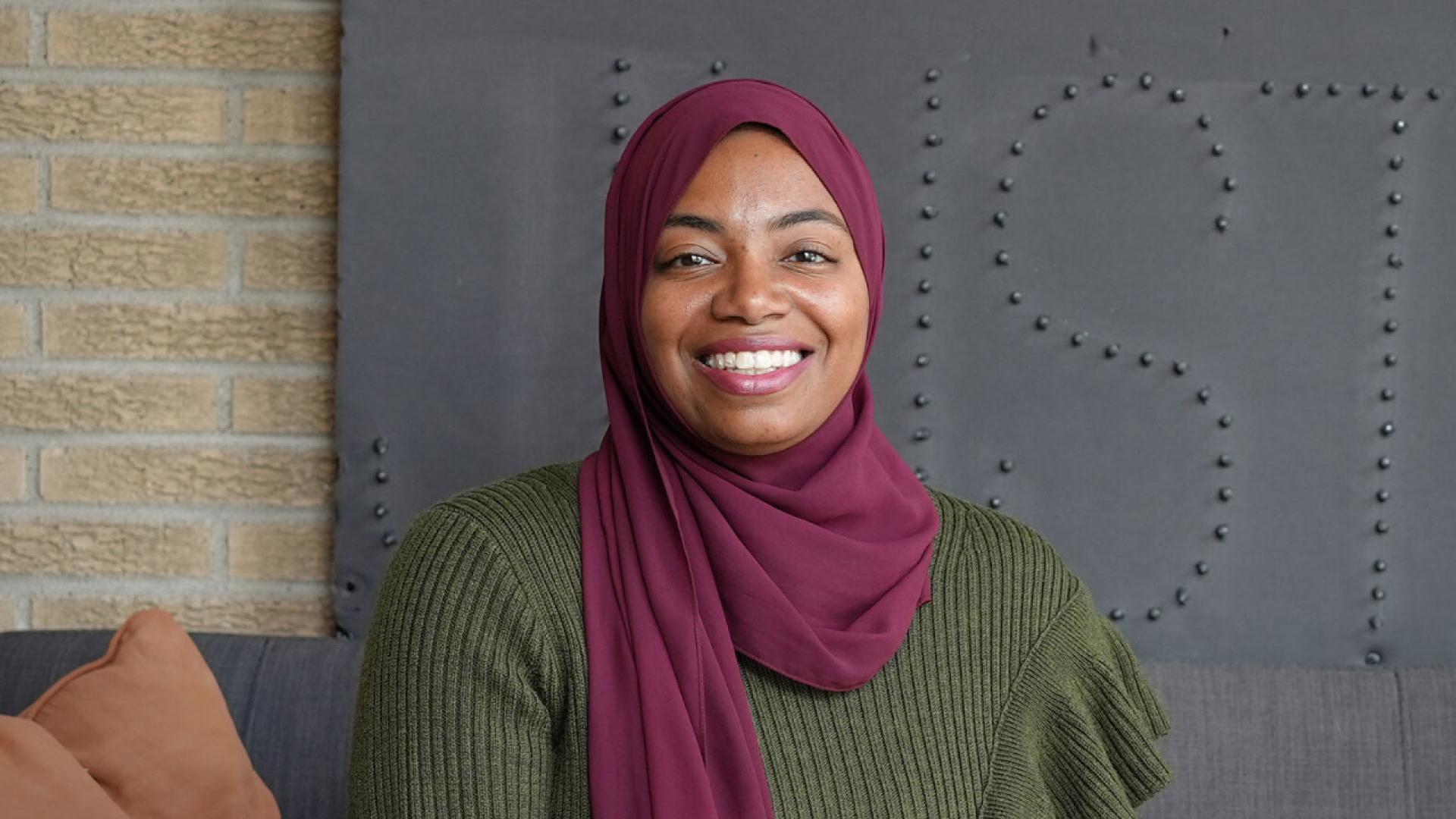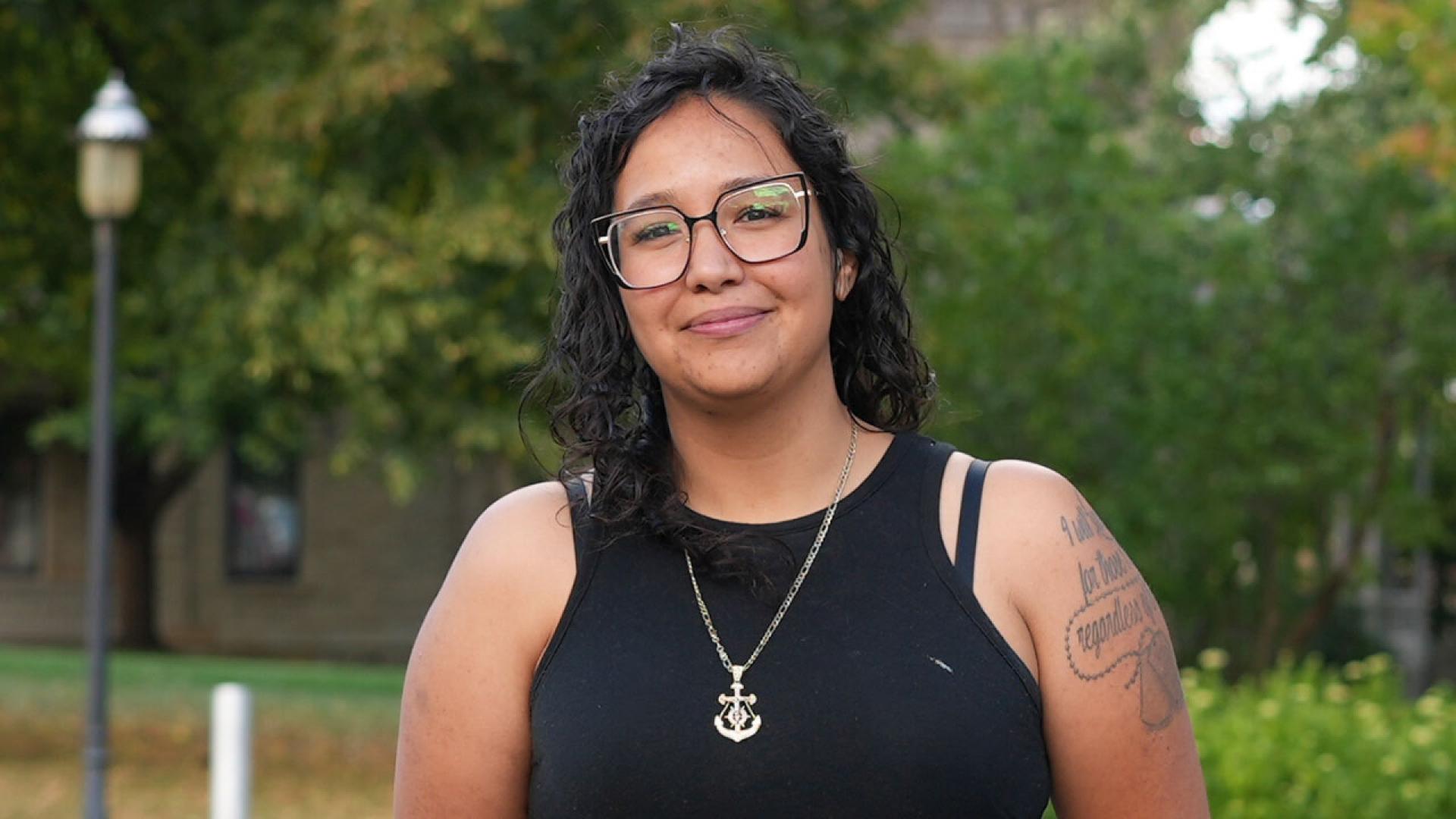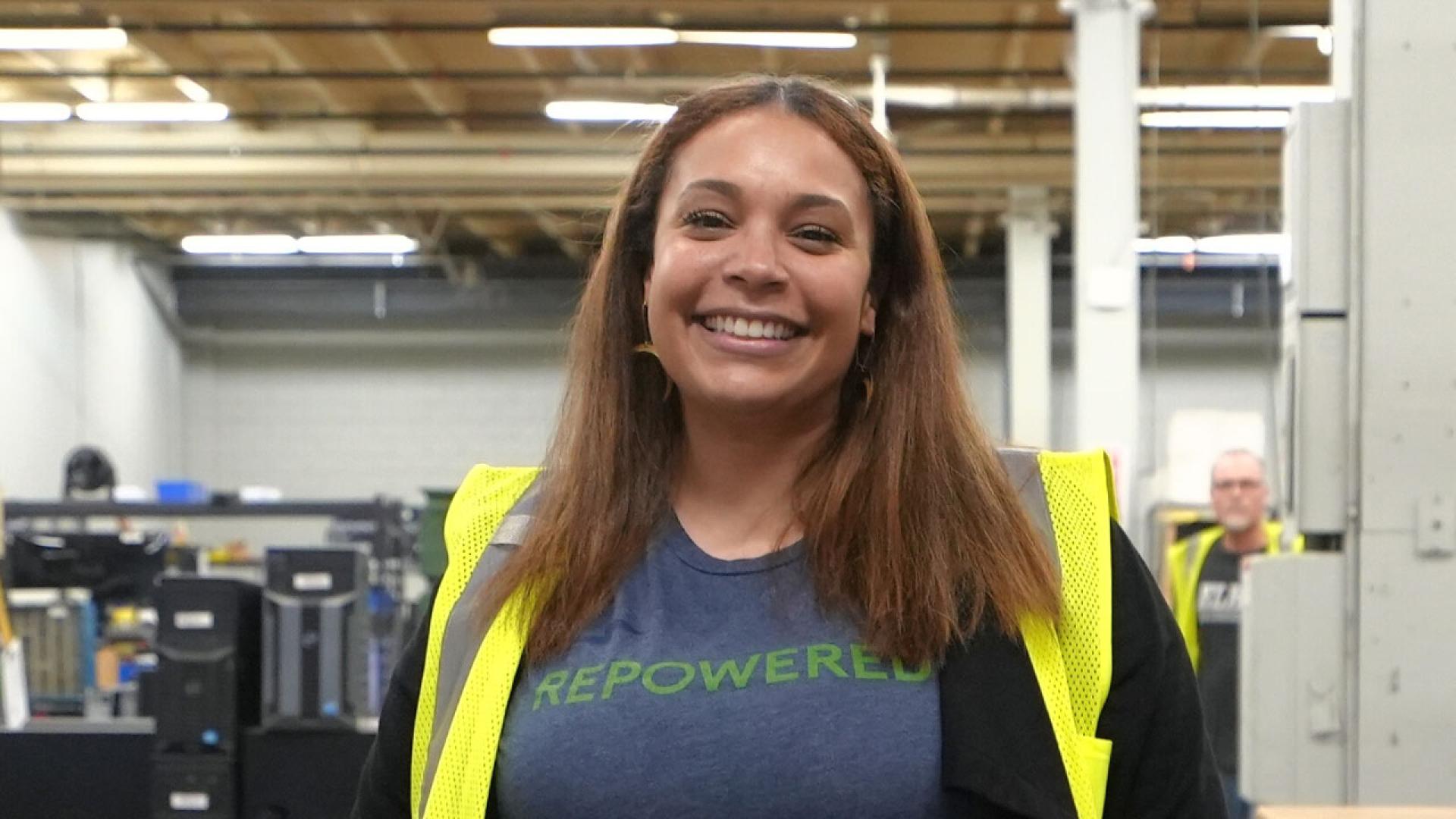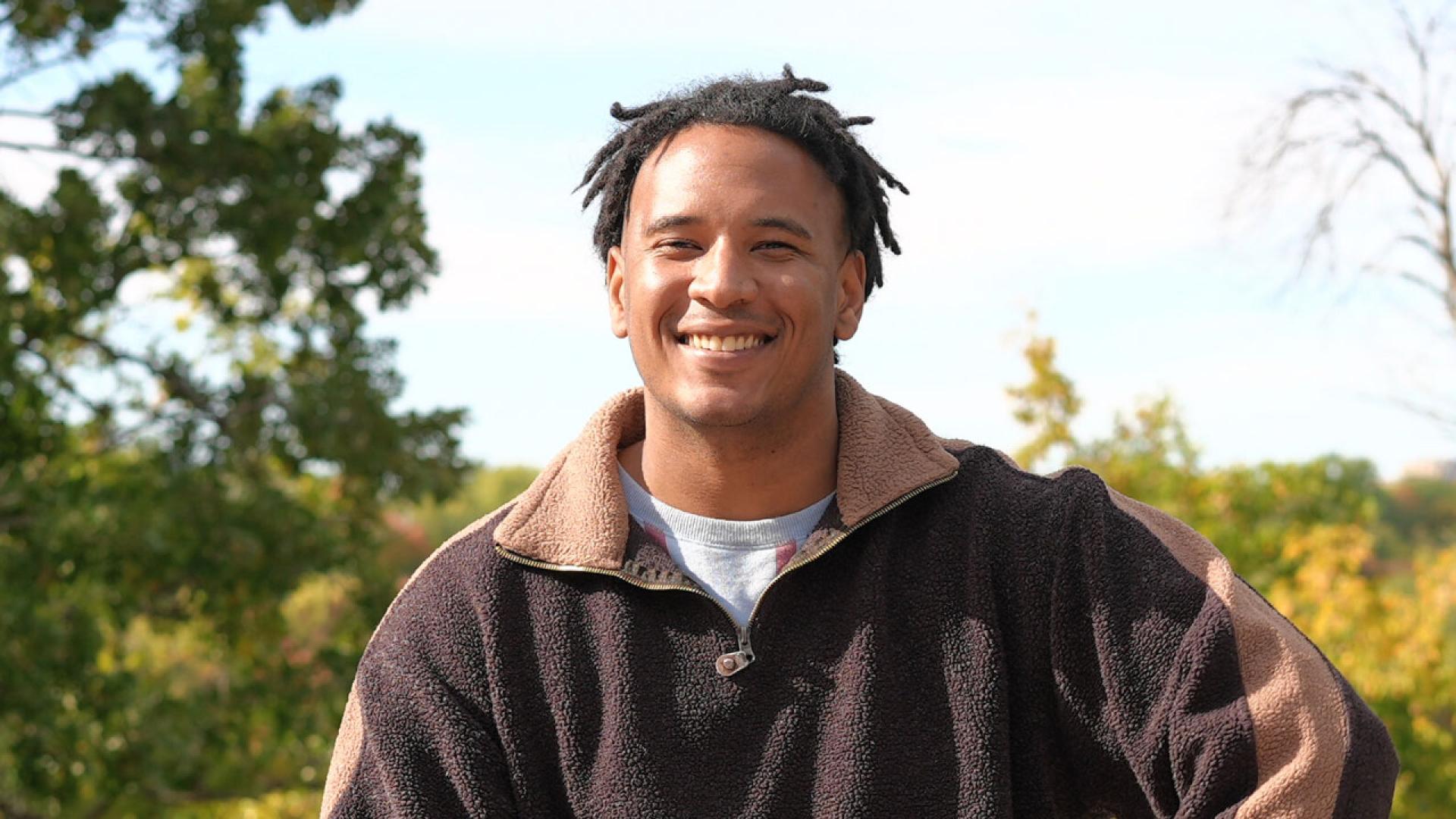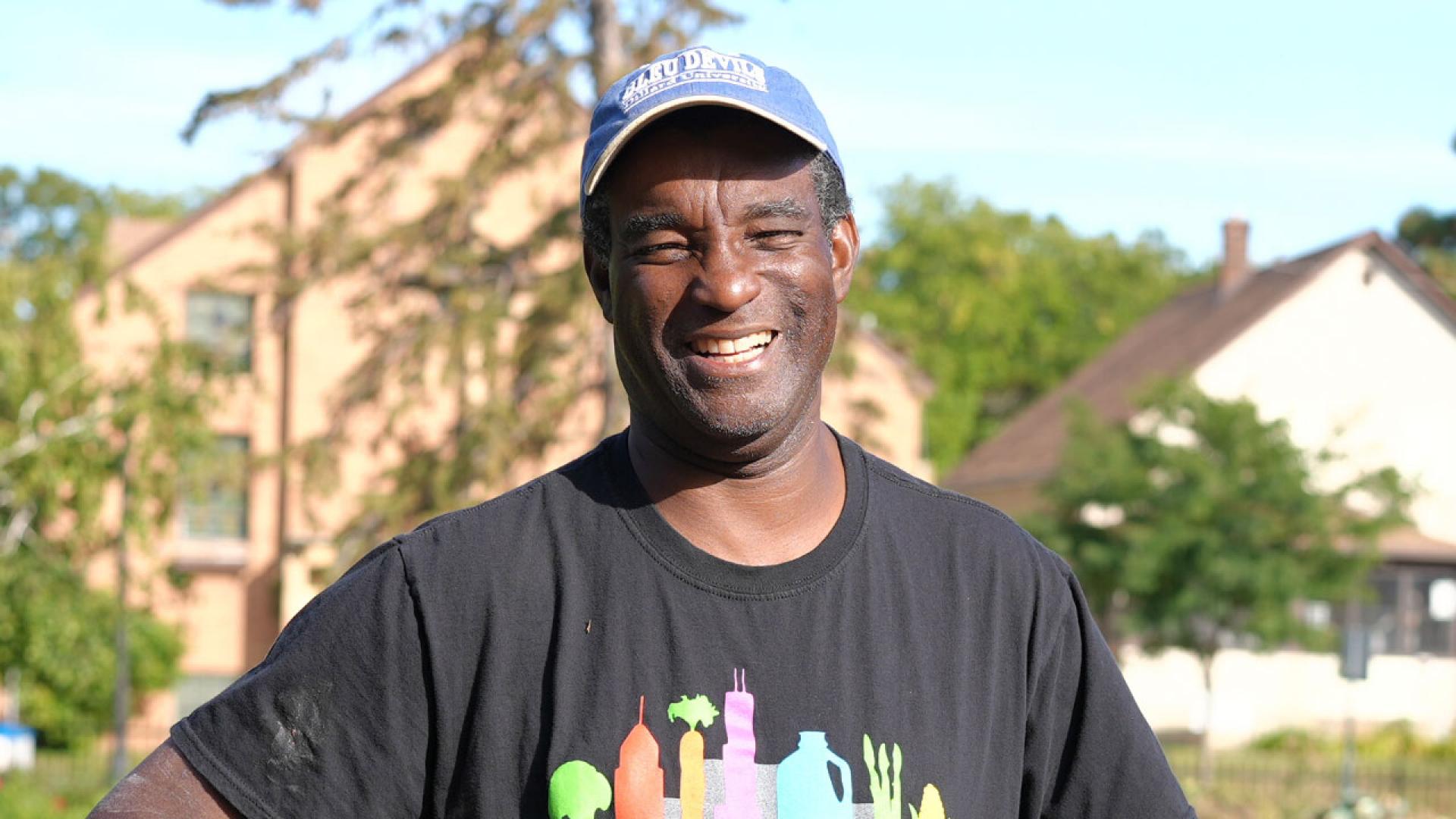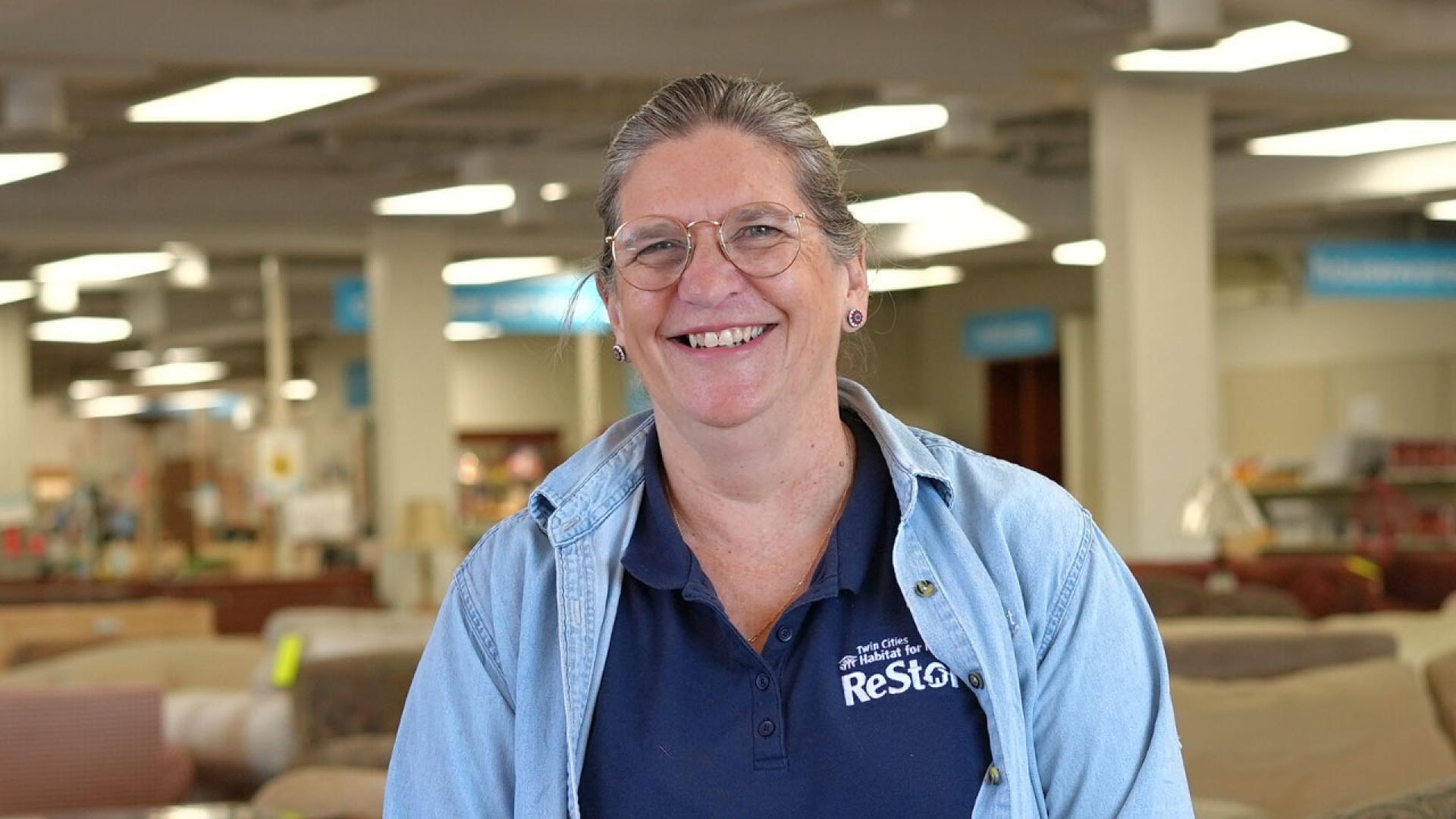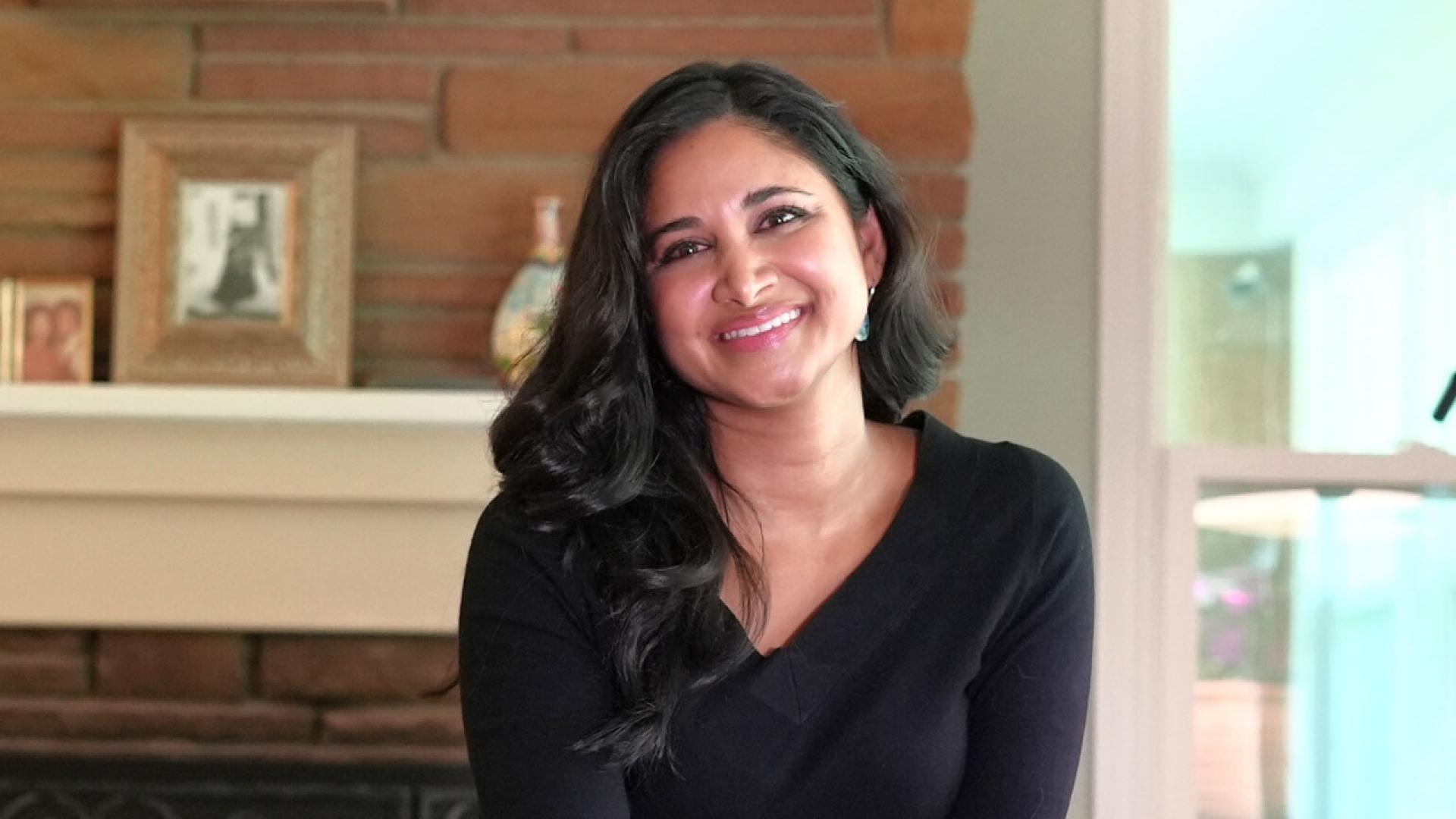Bob Blake: Tribal Nations Can Lead a Clean Energy Future
In this Episode
Robert’s Story
Robert (Bob) Blake is a member of Minnesota’s Red Lake Tribal Band of Ojibwe Indians. He is also the owner of Solar Bear (pronounced “Gizis-o-makwa” in Ojibwe), the executive director of Native Sun Community Power Development, and the chief operating officer at the Indigenous Energy Initiative. Bob is working via multiple pathways that center the superpower that Tribal Nations have to lead the renewable energy transition and decolonize the way we use energy through clean transportation and solar power initiatives in South Minneapolis and beyond. Bob’s work in the energy sector is helping to achieve drawdown with the vision that tribal nations can lead the way in renewable technologies as an economic and environmental driver for their community and the world. Bob is spreading the message, core to Indigenous values, that we must prioritize treating each other as beloved relatives—listening to this wisdom also means that no one will be left behind as we build a cleaner, brighter future.
Discussion Questions
One of the most important things you can do regarding climate change is talk about it.
- The United States has nearly 600 Tribal Nations, each with its own sovereign government outside the United States government. Bob says this is an incredible opportunity and "birthright" for Tribes to play an essential role in decolonizing our energy, taking care of Turtle Island (a name used for North America by many Indigenous People), and helping save the planet. Decolonizing our energy systems means that how we transition to clean energy is Indigenous-led, honoring the values, traditions, and spirituality of Native peoples and infusing modern technology to develop inclusive systems that will result in a healthy planet for all of us. Why is it important to create climate solutions designed with culturally sensitive, holistic approaches? How can support for Indigenous-led efforts in clean energy help achieve drawdown, while also centering justice?
- Robert proudly identifies as "Bob Blake from Red Lake" and is inspired by Native leaders like Winona LaDuke, Henry Red Cloud, and many others who have served as positive role models. Bob says he stands on the shoulders of those building this movement long before him. Who is someone that you think of as a role model in your life? How have they inspired you?
- Instilling hope in the younger generations, especially Native youth, by sharing the message that climate solutions are possible is a message that is important to Bob. "We are only here to make it better for the next generation." What is the importance of older generations working with younger generations to address the climate crisis? How can cross-generational dialogue about climate change and approaches to solutions help create a better future?
- Bob says that "Native communities are the least invested into." The experience of poverty is a disparity that many Indigenous communities face. Bob saw the opportunity to fight poverty with jobs, education, and opportunities in renewables that build up people and reinvest cost savings generated by clean energy technology. In his classes at Minneapolis Community and Technical College (MCTC), Bob had the assignment to create a fake business plan. Still, he used that opportunity to develop a roadmap for his Solar Bear business. Not surprisingly, Bob got an A on his assignment. Solar Bear started with the solar installation project at the Red Lake Nation government center. The project's savings generated funds for the community to help alleviate poverty and create opportunities. After the project was over, the pictures of the building circulated worldwide, inspiring others. In your educational journey, do you see opportunities to utilize homework assignments to create real-world change? What opportunities exist within your reach that might help you to make a positive impact in your community?
- "In our past, the federal government has made Tribal Nations compete against each other for resources, which is not the Native way." Bob's vision is to power a just, clean energy revolution prioritizing Traditional Ecological Knowledge (TEK), which is knowledge acquired by Indigenous peoples over hundreds or even thousands of years through direct connection with the environment. How can Indigenous values and TEK be beneficial approaches to modern technology, such as infrastructure plans for electric vehicle charging stations?
Learn More
Learn about the solutions in this story.
- Solution Sector: Electricity
- Solution: Distributed Solar Photovoltaics
- Solution: Electric Cars
- For more on all of the Drawdown climate solutions, visit drawdown.org/solutions.
- Learn more about Bob’s work: Solar Bear, Native Sun, Indigenous Energy Initiative
Explore Climate Solutions 101, the world's first major educational effort focused solely on climate solutions. This video series combines Project Drawdown’s trusted resources with the expertise of inspiring, scientifically knowledgeable voices from around the world: drawdown.org/climate-solutions-101.
Take Action
- Drawdown Ecochallenge, presented by Ecochallenge.org, is a fun and social way to take measurable action on the top solutions to global warming. Take the challenge, and see how a few weeks of action add up to a lifetime of change for you and the planet. If you want to take action on Electricity and Transportation like Bob, visit drawdown.ecochallenge.org/challenges/electricity and drawdown.ecochallenge.org/challenges/transportation.
- The Drawdown Labs Job Function Action Guides are practical and shareable resources that highlight specific, high-impact climate actions employees in common corporate professions can take at work.
- ChangeX connects people with proven ideas for strengthening communities with the resources needed to implement those changes. Explore countless ways to improve your community and help the world reach drawdown.
- Climate Generation's Green Careers for a Changing Climate Instructional Supplement (for Grades 6-8) contains resources to help young people learn about Green STEM Careers — careers that can help solve the impacts of climate change using STEM skills. Throughout this instructional supplement, students will be using the resource Drawdown to make important connections to solutions that these careers will implement.
- Solutions Journalism Network highlights the importance of reporting stories of climate solutions in the media to create a more equitable and sustainable world. Visit their Teaching Climate Solutions resource to find curated collections and the latest examples of climate solutions journalism.
- SubjectToClimate (StC) is a nonprofit online connector for K-12 leaders of all subjects to find materials on climate change at no cost. Explore StC’s educator-generated database to connect to Project Drawdown-based climate education resources.
Sign up to receive updates, provide ideas, and tell us how you might share Drawdown’s Neighborhood in your community.


